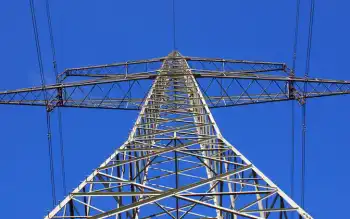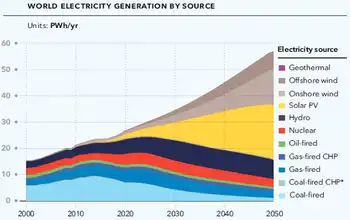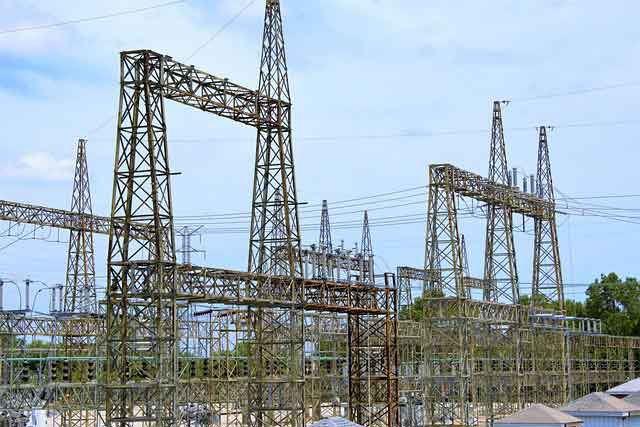Many factors involved in EV mileage potential
The range figures for the Volt are strictly best scenario. GM hopes to achieve a 40-mile, all-electric range and a 300-mile range with the gasoline engine running to maintain battery charge.
So GM is producing a vehicle that will be, at best, a short range commuter, will be fiendishly expensive and whose repair and vital-part-replacement costs will likely be so unsustainable as to be mind-boggling, will have any reasonable range only if you don't use frills like headlights, air conditioning, brake lights, turn signals, radio, etc, and will be functional only in those parts of the country that are consistently hot throughout the year.
I can foresee only economic success. You?
Like GM's first attempt at an electric vehicle (which was experimented with in California and Arizona only), the Volt — and all electric vehicles — will only be semi-practical in hot climates. Why? Cold rapidly drains battery power. Very rapidly.
In much of the United States and virtually all of Canada, it will simply be too cold much of the year to operate the Volt. There is no practical solution to this problem apart from miraculous breakthroughs that will immediately transcend the laws of physics as they are currently understood.
Who is going to spend some $40,000 on a vehicle with a range measured in feet rather than miles for most of the year? Imagine how fast the juice will drain from a battery pack of an electric vehicle stuck in snow, trying to rock its way out.
This reality of physics is what defeated GM's first attempt at an all-electric vehicle. It will do the same this time around. Paradoxically, the only thing that could make the Volt semi-viable is massive and human-extinguishing global warming, which we must, of course, fight with all of our money, productivity, and might.
Heck, we can't even export these cars to places in the developing world like India that tend to be pretty hot because no one could afford them.
The range figures are almost certainly based under absolutely ideal conditions of city driving. If you drive the vehicle under any other conditions, range will be less, dramatically less.
For instance, the faster you go — highway speeds, for instance — the more electric reserve you use. Use any accessories that draw electrical power — such as headlights, turn signals, brake lights, radio, air conditioning — and you burn electricity at a frightening rate. And of course, the more people you pack into the little vehicle, the more juice you use.
In electric vehicles, this factor alone will likely have a much greater impact than in conventional vehicles.
Practical range might well be less than half that projected, much less than half. These vehicles have the potential to be short-range commuters only, very short range. When you're out of battery power, you're sitting in a very expensive, very large paperweight that will take hours to recharge.
The state of battery technology is still being furiously spun by GM.
Lithium ion battery packs still have a distressing tendency to spontaneously burst into flame. We have no real idea how they'll behave if ruptured in an accident, but it's a sure thing it won't be happy making.
The battery packs are fiendishly expensive, so much so that GM is not even hope in changing their possible replacement price, but expect something in the range of half the price of each vehicle. GM is suggesting that the battery packs will last ten years, but that's best scenario hoping again. No one knows.
We do know that the more charge/discharge cycles, the more quickly the battery will reach the end of its useful lifespan, and GM is suggesting that the Volt should be charged at least once a day. So we may well have a vehicle with a battery pack that lasts only a few years and far exceeds the used value of the vehicle to replace at virtually any point in its life.
In essence, the battery pack may well be worth far more than the vehicle for which it provides spotty, short-range power.
Related News

Electricity prices rise more than double EU average in first half of 2021
TALLINN - Estonia saw one of the highest rates in growth of electricity prices in the first half of 2021, compared with the same period in 2020. These figures were posted before the more recent, record level of electricity and natural gas prices; the latter actually dropped slightly in Estonia in the first half of the year.
While electricity prices rose 7 percent on year in the first half of 2021 in Estonia, the average for the EU as a whole stood at 2.8 percent over the same period, BNS reports.
Hungary (€10 per 100 Kwh) and Bulgaria (€10.20 per 100 Kwh)…




